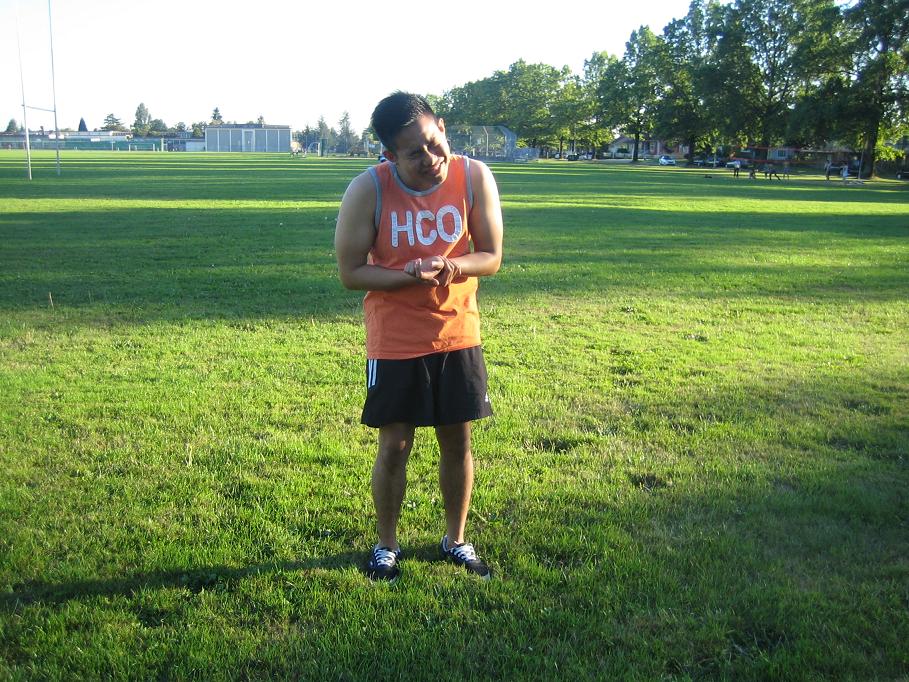A sprained wrist is an injury for all sorts of athletes. It takes a momentary loss of balance such as automatically sticking the hand out to break a fall. When the hand hits the ground, the impact causes it to bend back toward the forearm. Generally, it causes stretching the ligament that attaches the wrist and the bones of the hands too far. It will result to tiny tears or a complete break of the ligament.
Three grades of sprains
- Grade 1 – pain with minor injury to the ligament
- For a grade 2 – pain with more severe ligament injury, there is a feeling of looseness to the joint and loss of function.
- Grade 3 – pain and a complete tear in the ligament, a severe looseness of the joint and loss of function
Apply ice on the sprained wrist to lessen the inflammation and the pain.
Symptoms of a sprained wrist
- Swelling
- Pain
- Bruising
- A sensation of popping or tearing in the wrist
- Tenderness and warmth around the injury
Treatment
- Take plenty of rest especially the affected area for fast healing of the condition.
- Apply ice on the sprained wrist to lessen the inflammation and the pain. Generally, avoid ice directly on the skin to prevent further damage and worsen the condition. Wrap ice using a towel or a cloth before placing to the area.
- Apply compression to the affected wrist to lessen the swelling. Use bandage such as elastic bandage to give consistent pressure to the area. It prevents development of edema or excess fluid around the joint of the wrist which result to reduced mobility, discomfort and prolong the healing of the condition. Avoid wrapping the bandage too tight to prevent problems with circulation and worsen the condition.
- Elevate the wrist above the level of the heart to lessen the swelling for several days. When sleeping, raise the wrist in a couple pillows to keep it elevated above the heart.
- Take the prescribed anti-inflammatory medication such as advil, aleve or Motrin to lessen the pain and inflammation.
- Wear a brace or a splint for the wrist to prevent unnecessary movements for several days and for fast healing of the condition. In addition, avoid using splint for too long to prevent stiffness and muscle weakness.
- Seek the help of the physical therapist for some rehabilitation exercises such as stretching and strengthening exercises, and restore the range of movement of the wrist.
Tips
- Wear protective gear such as wrist guard wrist splint when playing sports especially when there is a tendency to fall such as street hockey or snowboarding. It protects the hand and wrist from a tackle or a fall. Wraps and tapes are used for better grip, mobility and lessen the pain.
- Perform proper warm up and stretching exercises before and after an activity. Perform light jogging, wrist and arm rotations and jumping jacks before stretching.
- Engage in cool down stretches such as yoga and Pilates to eliminate waste products from the muscles such as lactic acid which result to heaviness and discomforts.
More Information
The details posted on this page on a wrist sprain is for learning purposes only. To learn to recognize and manage this common injury, enroll in a first aid course with one of our training providers.
FACT CHECK
https://www.webmd.com/fitness-exercise/wrist-sprain
http://www.assh.org/handcare/hand-arm-injuries/wrist-sprains
https://orthoinfo.aaos.org/en/diseases–conditions/wrist-sprains/

